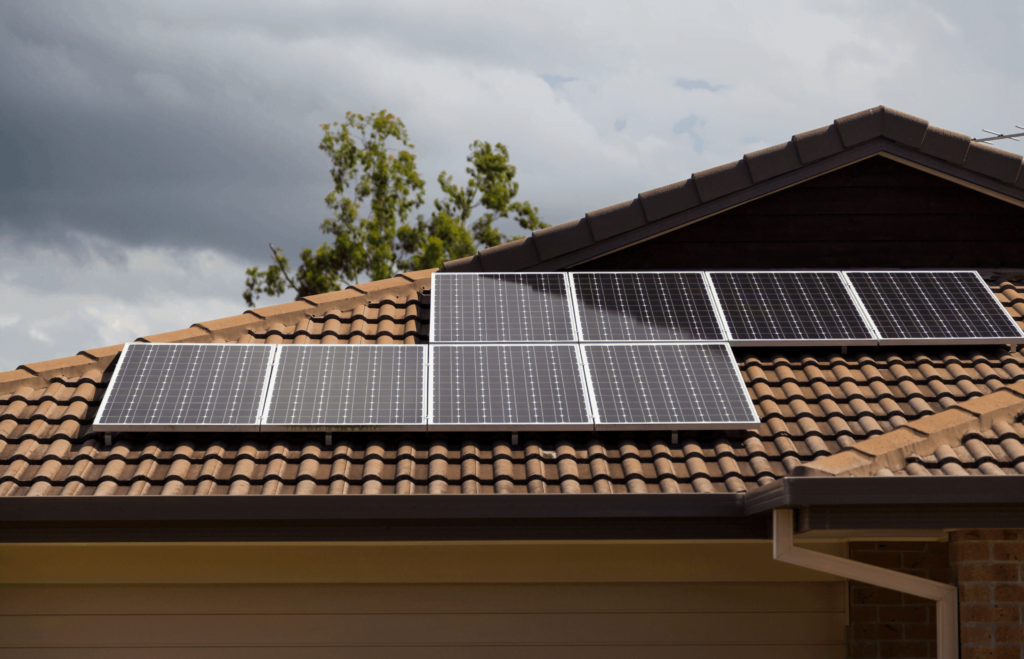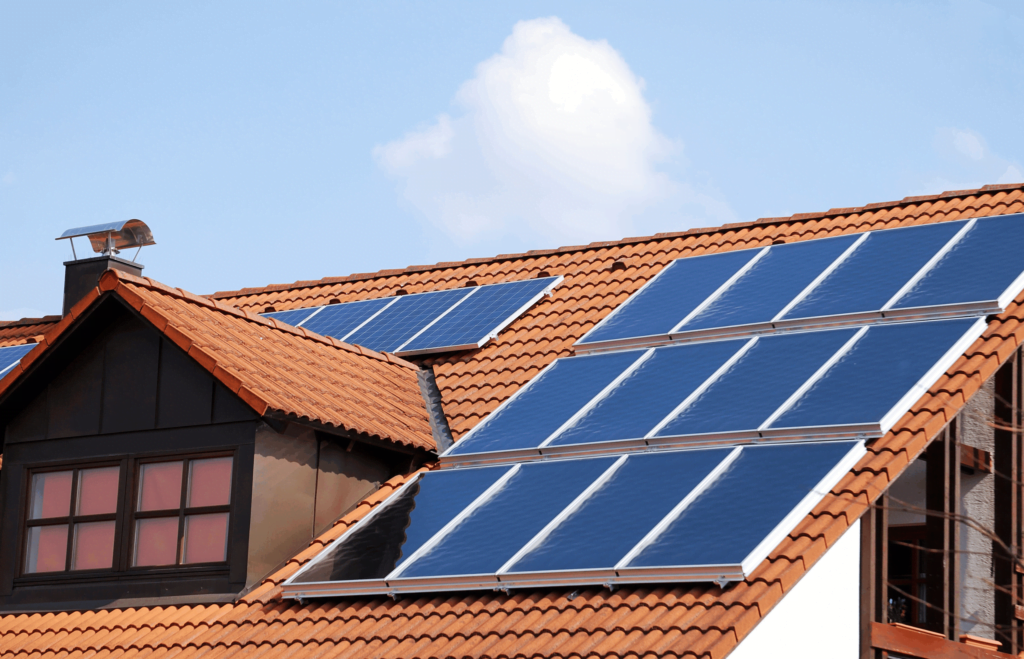Solar power is becoming increasingly popular as a renewable energy source, and for good reason. Solar energy offers many benefits, both for individuals and for the environment. In this blog post, we’ll explore some of the key benefits of solar power.
1. Reduced Electricity Bills
One of the biggest benefits of solar power is the potential for significant savings on electricity bills. Once installed, solar panels can generate electricity for years to come, with minimal maintenance costs. This can help homeowners and businesses reduce their reliance on grid electricity, and potentially save thousands of dollars on their energy bills over the lifetime of the solar panels.
2. Clean Energy
Another key benefit of solar power is that it is a clean and renewable source of energy. Unlike fossil fuels, which release harmful pollutants into the environment when burned, solar power produces no emissions or pollution. This makes it an attractive option for those looking to reduce their carbon footprint and support a cleaner, healthier planet.
3. Increased Home Value
Installing solar panels on a home can also increase its value. Many homebuyers today are interested in energy-efficient and sustainable homes, and solar panels can be a selling point for those looking to purchase a home. In fact, studies have shown that homes with solar panels installed sell for more than those without.
4. Energy Independence
By generating their own electricity with solar panels, homeowners and businesses can become more energy independent. This can be particularly beneficial in areas with unreliable or expensive grid electricity, or in the event of power outages. With a battery storage system, excess energy generated by the solar panels can be stored for later use, providing a reliable source of backup power.
5. Government Incentives
Finally, there are a number of government incentives available for those who install solar panels. These incentives can include tax credits, rebates, and other financial incentives that can help offset the initial cost of installation. These incentives can vary by state and country, so it’s important to research what’s available in your area.
The federal solar tax credit is a clean energy credit that you can claim on your federal returns. This tax credit is not valued at a set dollar amount; rather, it’s a percentage of what you spend to install a residential solar photovoltaic (PV) system. The tax credit is currently set at 30% of your total solar panel system installation cost.
Solar power offers many benefits, from reduced electricity bills to a cleaner environment. If you’re considering installing solar panels, it’s important to do your research and work with a reputable installer to ensure that you get the most out of your investment. With the right installation, solar power can provide a reliable, sustainable source of energy for years to come.














